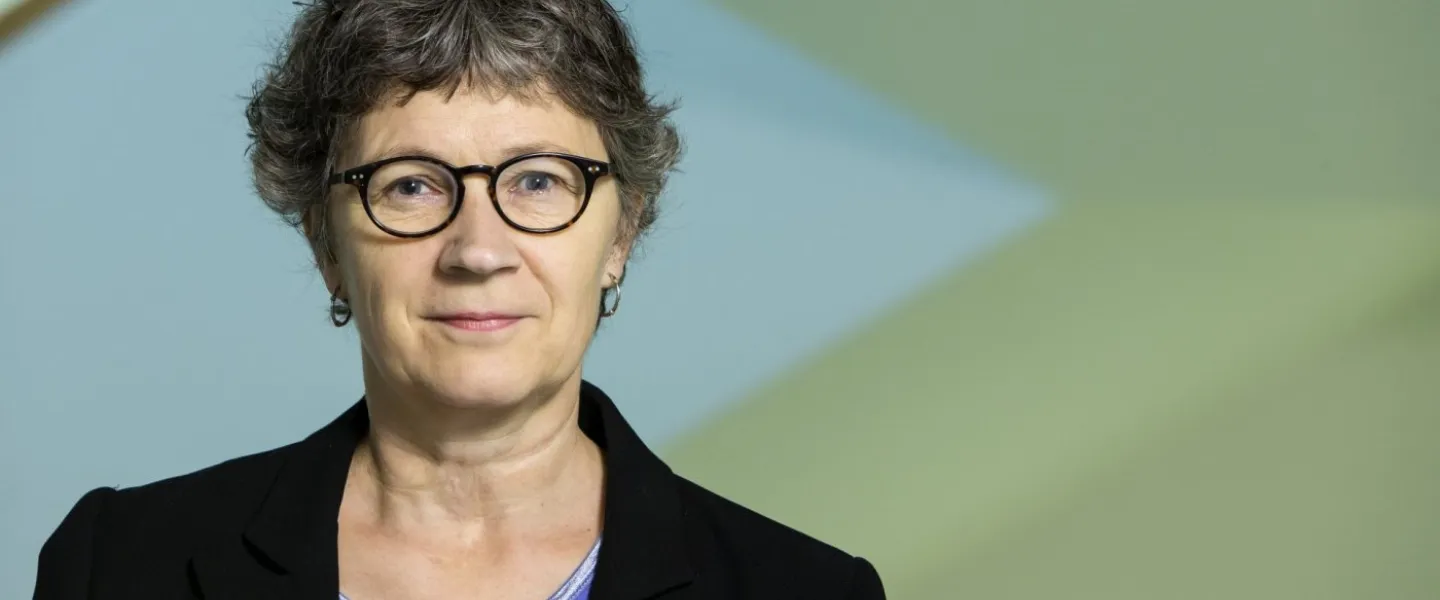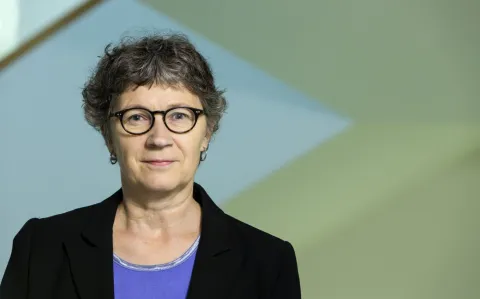
Þorgerður J. Einarsdóttir, Professor of Gender Studies at the Faculty of Political Science, and her international partners have received a grant of over 365 million Ikr from Horizon 2020, the largest EU research and innovation programme, to study gender equality in the scientific community. The project is titled ACT (Communities of Practice for Accelerating Gender Equality and Institutional Change in Research and Innovation across Europe). The aim of the project is to promote gender equality in the scientific community by strengthening the infrastructure of knowledge creation and dissemination, with an eye to bringing about systemic change. The three year project was launched 1 May 2018, the principal investigator is Dr Jörg Müller at the Internet Interdisciplinary Institute (IN3) at the Universitat Oberta de Catalunya. The research team consists of scholars from 17 institutes, in ten European countries and Argentina. The University of Iceland’s share of the total grant is 26 m IKr.
The project focuses on gender discrepancy in three areas: human resources, decision making, and the content of research and teaching in higher education. Despite advances in gender equality over the last decade, knowledge and experience is dispersed, preventing organised and focussed action. The project will establish communities of practice for equality work to disseminate knowledge, organise action, and hold seminars and conferences on these important equality issues. All the work will take local circumstances and the diversity of the participants into account. The communities will be hosted online under the web portal GenPORT; already operated within the EU.
The goals of the project are:
- To increase transnational knowledge of gender equality in institutions that work in the fields of research and innovation.
- To enhance specialised knowledge of gender equality, and how gender impacts the quality of research and innovation.
- To improve standards applied to deciding what is considered excellent research by taking gender equality into consideration when quality and results are evaluated.
- To promote organised and systematic use of tools and methods that have proven themselves in the implementation of equality work.
